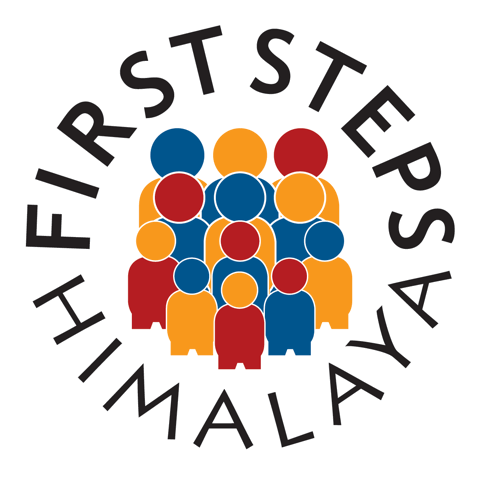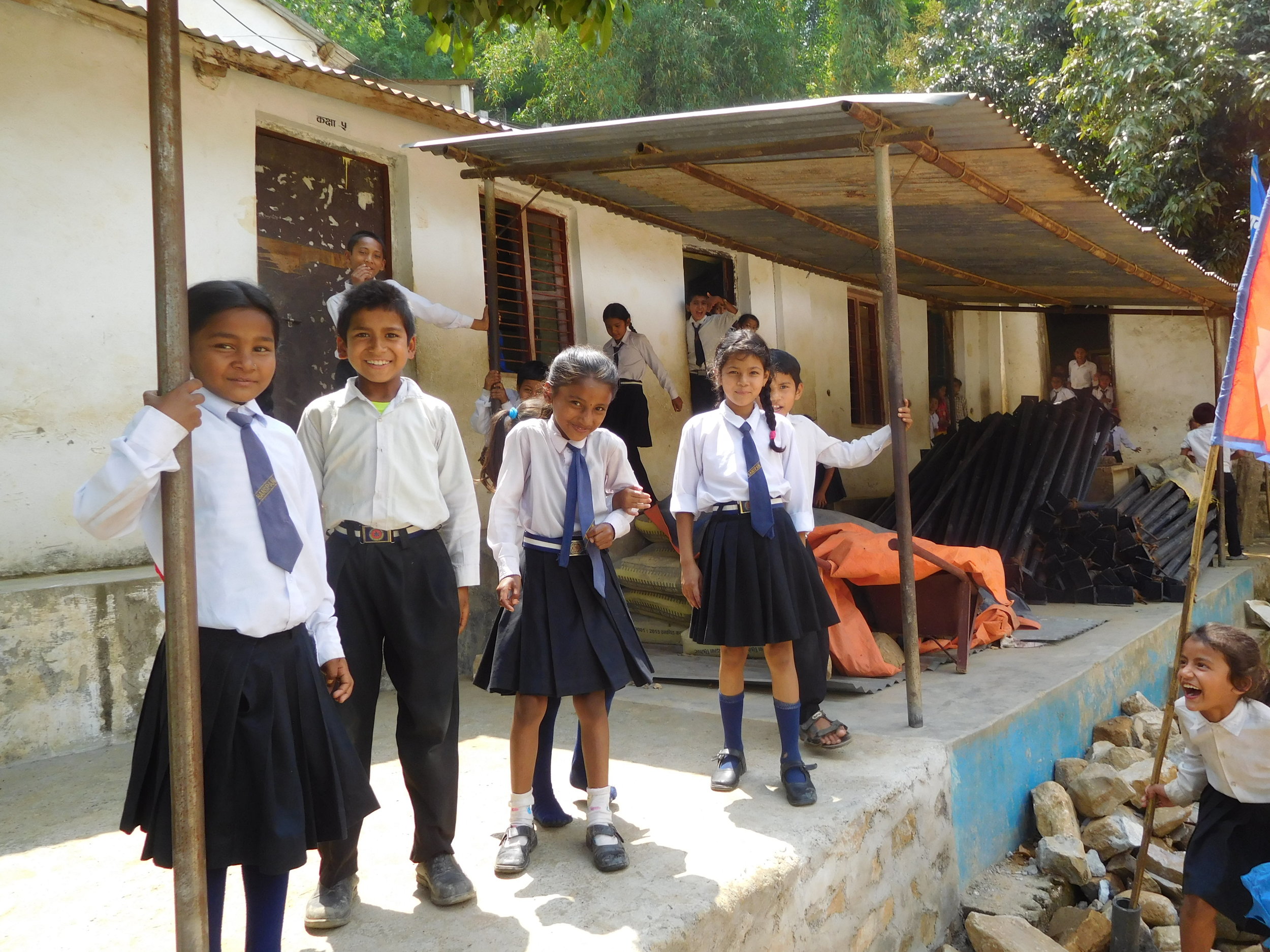Thousands of Nepali people are arriving back in Nepal each day from overseas due to the COVID -19 global pandemic. Some arrive exhausted across the border from India having experienced harrowing long journeys. Others, are on repatriation flights from the Gulf States or Malaysia. Few have little idea of what will actually happen when they arrive home.
The stories of what is taking place in quarantine facilities are shocking. Returnees arriving in Kathmandu by air are given a list of facilities and a highly inflated price list, only to find dirty rooms with filthy bedding. Those crossing the border in Western Nepal are being put up in makeshift quarantine facilities where they sleep on hard concrete floors with very little food. In Western Nepal, a woman who gave birth in quarantine, tried to buy food but her money was rejected in case she spread covid. The effectiveness of the quarantine system is being questioned as testing is badly organised, ineffective and not backed up by contact tracing.
Widespread protests erupted in Western Nepal and the capital, when a woman was gang raped in an empty school that was being used as a quarantine facility. Despite arrests, multiple levels of corruption were uncovered, and demands made by the public to bring change in Nepal’s handling of the COVID-19 response. The Enough is Enough youth led campaign has seen peaceful demonstrations in the capital and in cities across Nepal. Well organised and nonpartisan groups are protesting at the governments alleged gross mishandling of the COVID-19 pandemic. The situation continues to worsen.
As these returnees travel back to their villages, many having skipped quarantine or having failed to be accurately tested, the risk of spreading the pandemic to far flung corners of Nepal is huge. The number of cases stands at close to 12,000 and is rapidly rising each day.
The socio-economic fallout is enormous. Remittances from migrant labourers used to make up 25% of Nepal’s GDP. This will be greatly diminished with mass movement back to Nepal. The strain on the all ready struggling economy, coupled with social unrest and lack of good governance will not help matters.
The need for strengthening community level resilience is vital. Families with fathers returning to uncultivated land will need support to overcome new challenges in the wake of the pandemic. Children, who are most at risk need nurturing and given the best possible educational opportunities.
The First Steps Himalaya COVID-19 Response and Resilience programme will target rural communities through workshops and awareness campaigns to bring about sustainable change at a local level. First Steps Himalaya’s vision is that families are stronger, able to generate income and their own food from their land and that there children have the best possible start in life. Find out more about the COVID-19 Response and Resilience Programme here.






































































































































































